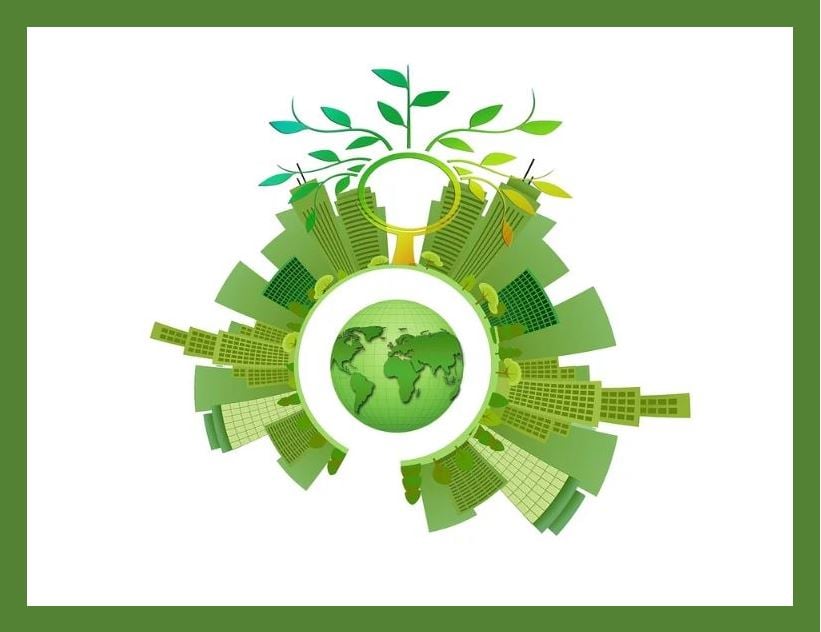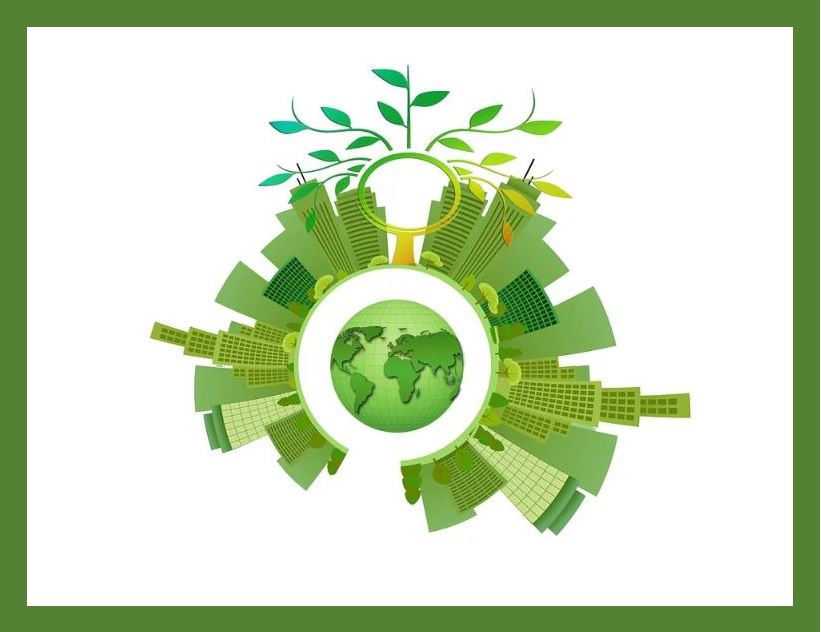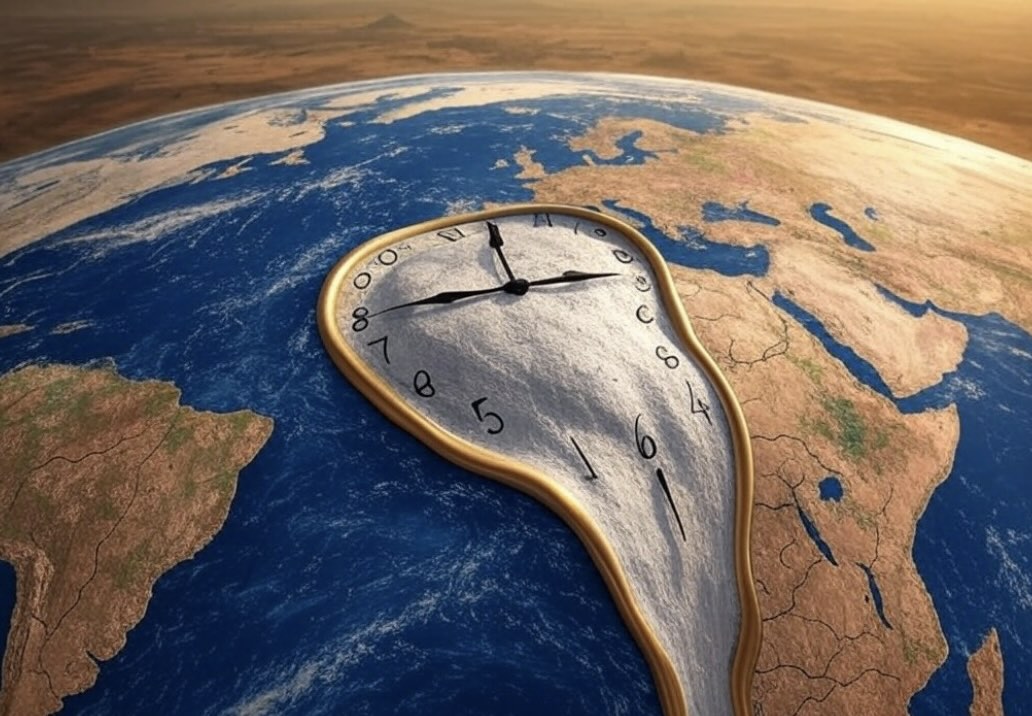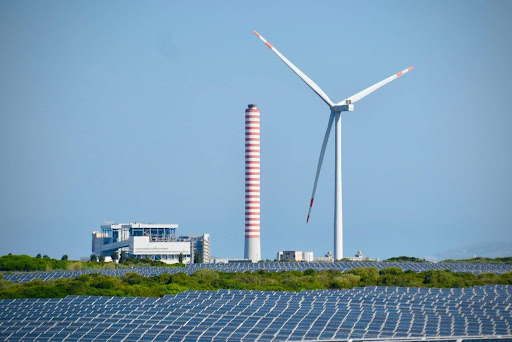
With global warming hurtling us toward the extinction of one-third of all plants and animals by 2050, it’s evidently time to rethink our approach toward conservation. Sustainable land use and the Endangered Species Act are no longer enough to protect our dying ecosystems, and it may be time to turn to new methods such as disruptive conservation, an emerging field that relies on technological advancement and enhanced collaborations to reverse climate change and eminent extinctions.
Colossal Biosciences is one company that has gained worldwide recognition for its disruptive conservation tactics. As Colossal co-founder and CEO Ben Lamm stated on the company’s website, “Traditional conservation and climate change efforts are critical, but they aren’t enough. Experts must collaborate across fields and disciplines to build new, breakthrough solutions.”
With over $225 million in funding from investors ranging from Paris Hilton to the United States Innovative Technology Fund, Colossal has taken on numerous ambitious projects since being founded in 2021, including reversing the extinction of the woolly mammoth and reviving a detrimentally low population of northern white rhinos — a subspecies down to its last two individuals.
“Our focus includes the de-extinction of select lost species, the preservation of endangered species, and the restoration of ecosystems and biodiversity,” said Lamm in a recent press release.
While Colossal Biosciences has spearheaded several innovative conservation efforts, given the scale of much of its work, many projects rely on the collaboration of various scientific organizations. These collaborations have led to several beneficial breakthroughs in biotechnology and genetic engineering, and allow Colossal to share its vast expertise in genomics and state-of-the-art conservation toolkit throughout the sector.
The Colossal Biosciences Contributors to Disruptive Conservation
Vertebrate Genomes Project
One of Colossal’s first partnerships is with the Vertebrate Genomes Project. The VGP is a consortium with the goal of generating “near error-free reference genome assemblies of all 66,000 extant vertebrate species.” Each genomic sequence completed by the VGP is published to a publicly available database known as the Genome Ark. These genomes are invaluable to conservation as they can provide insight into a species’ diversity and fitness, and offer a pathway to making genomic edits that can be beneficial for a species’ continued survival.
The VGP is currently in Phase 1 and has chosen 260 species across several classes, each selected based on a variety of criteria including a species’ preexistence of incomplete genomic sequences, level of endangerment, prominence in biomedical research, and possession of specialized traits that inform human biology.
While the VGP’s work is vital to the future of species conservation, it can also be incredibly expensive, with costs upwards of $73,000 per genome sequenced, requiring outside funding. In an effort to safeguard the biodiversity of endangered and critically endangered species, Colossal Biosciences has partnered with VGP to fund the development of high-quality reference genomes for important species on the brink of extinction.
As the first goal of their collaboration, Colossal and VGP are working to sequence the genomes of all three elephant species. Since joining forces in 2021, Colossal and VGP have already published reference genomes for the Asian and African elephants and have one elephant species, the African forest elephant, left to sequence.
These reference genomes are not only beneficial to the ongoing conservation of elephants; they also provide a blueprint for Colossal’s goal of bringing back the woolly mammoth, whose ancient DNA shares a 99.6% resemblance to that of the Asian elephant.
Elephant Havens Wildlife Foundation
Colossal’s commitment to elephants doesn’t end with sequencing their genomes. It has also partnered with the Botswana-based nonprofit Elephant Havens Wildlife Foundation. Elephant Havens is a sanctuary for orphaned and abandoned African elephants, providing around-the-clock quality care and 1,000 acres of protected land for juveniles living along the Okavango Delta — the world’s largest inland delta.
While Elephant Havens’ work is crucial to the survival of the African elephant, elephants cannot remain in the sanctuary forever. As Debra Stevens, the co-founder of Elephant Havens, puts it, “Because elephants have an inherent need for community connection, orphaned elephants have been reported to perish from grief without attachment to their family unit, whether that’s other herd members or humans. Reintroducing these orphans is therefore a requirement of their preservation.”
Colossal’s partnership with Elephant Havens provides a unique opportunity to perfect the reintroduction process, a process that remains particularly difficult with elephants due to their complex social dynamics. Using video recordings and artificial intelligence technology, Colossal Biosciences plans to conduct a comparative analysis monitoring the behaviors of elephants in the sanctuary and elephants in the wild. This can provide insight into the herd and social dynamics present in wild groups, informing reintroduction strategies that rely on the perfect blend of elephants to form leadership models equivalent to a family unit.
Colossal has also undergone the task of sequencing every elephant at Elephant Havens. These genomes can be used to monitor the elephant’s traits throughout their development, aiding in understanding how elephant traits are passed down and the correlation between certain genes and traits.
Zoos Victoria
Colossal’s most recent partnership is with the zoo-based conservation organization Zoos Victoria. Zoos Victoria consists of four zoos throughout the Australian state of Victoria that, along with educating the public on conservation, conduct critical breeding and recovery programs for species at risk of extinction.
In partnership with the Melbourne Zoo branch of Zoos Victoria, Colossal is establishing an insurance and breeding program for the Victorian grassland earless dragon, a tiny lizard species thought to be extinct since 1969 that was rediscovered in June 2023 and is now considered critically endangered.
With nearly $300,000 of funding from Colossal, the Melbourne Zoo is creating quarantine housing fully equipped for the interim care of the little dragon. Colossal is also collaborating with the Museums Victoria Research Institute to sequence the quarantined dragons to determine their genetic relatedness to each other and similar species for conservation breeding purposes.
Zoos Victoria CEO Dr. Jenny Grey described the partnership’s potential impacts in a recent press release: “Our partnership with Colossal has great potential to explore and apply more novel genetic techniques for a range of species in need. It’s a great example of how different organizations can collaborate to address the urgent need for species preservation and ecosystem restoration.”
Colossal Biosciences’ Colossal Emphasis on Partnerships
As the Earth races toward a mass extinction event and a rise in global temperatures above preindustrial levels, it’s paramount to come together and combine resources and expertise towards the shared goal of reversing global warming and conserving the planet.
Whether it’s working to catalog vertebrate genomes, successfully reintroduce orphaned elephants to the wild, or revitalize what was once considered an extinct species, Colossal Biosciences recognizes the tenets of disruptive conservation, including the importance of collaboration and technological accessibility. In addition to working closely with all its partners, Colossal intends to provide them with any pertinent technology developed on the path to de-extinction, free of charge.
Conserving the planet is a painstaking undertaking, but through collaboration, meaningful change can be achieved. As stated on Colossal’s website, “Preserving the planet through the de-extinction and protection of keystone species is an undertaking we can’t achieve alone.”








